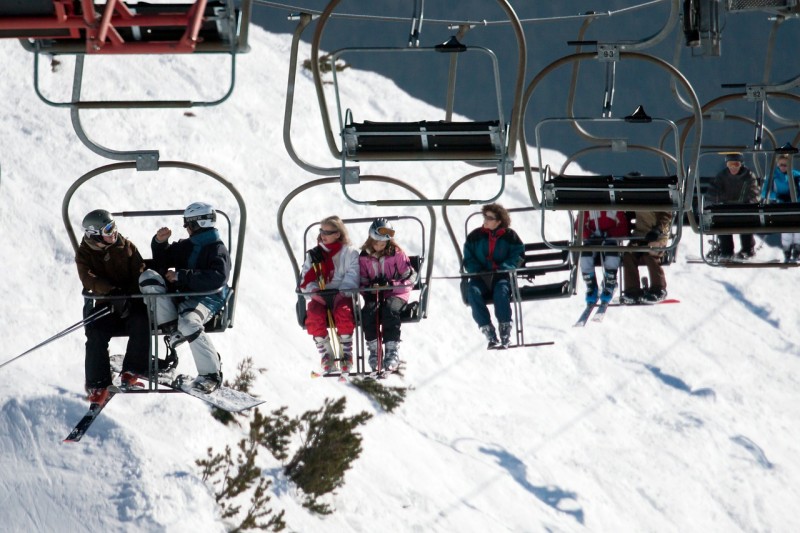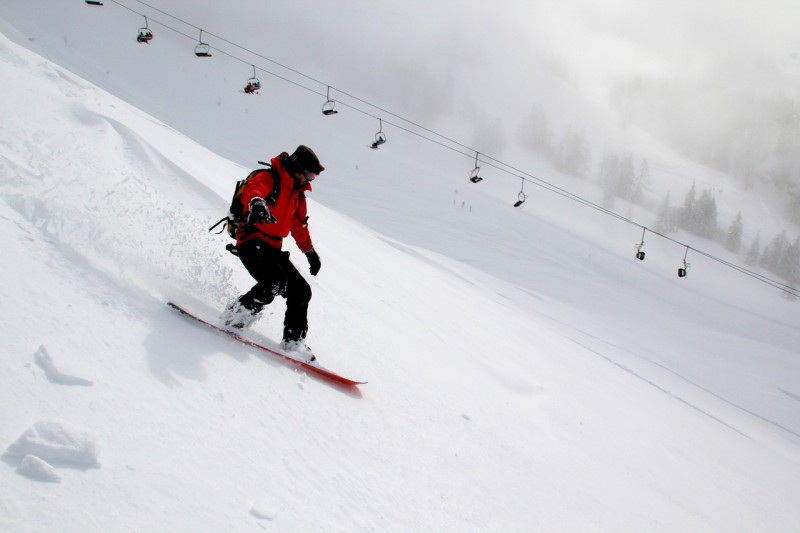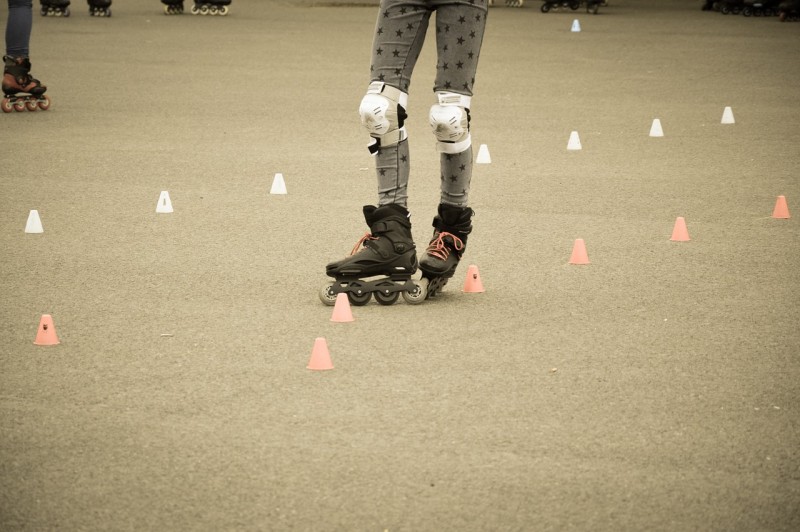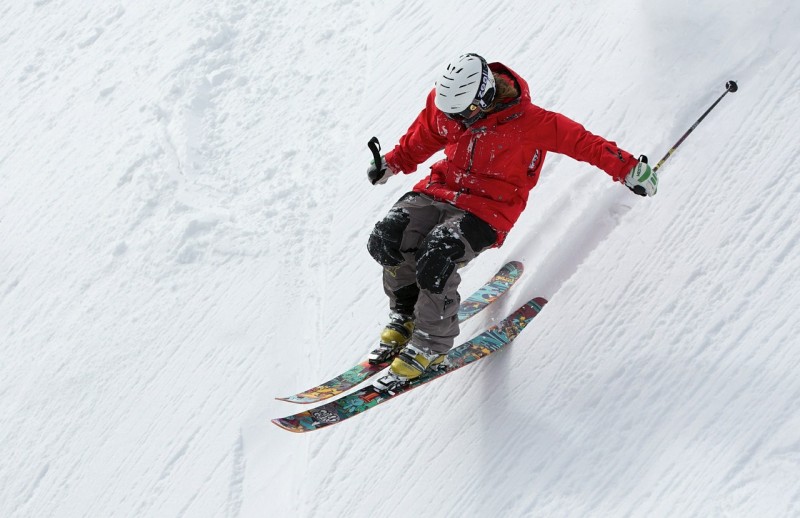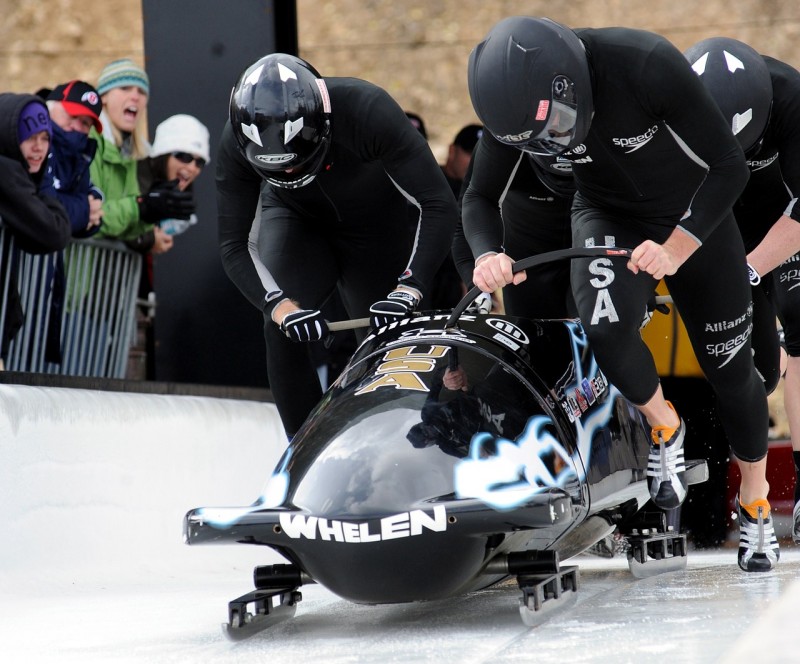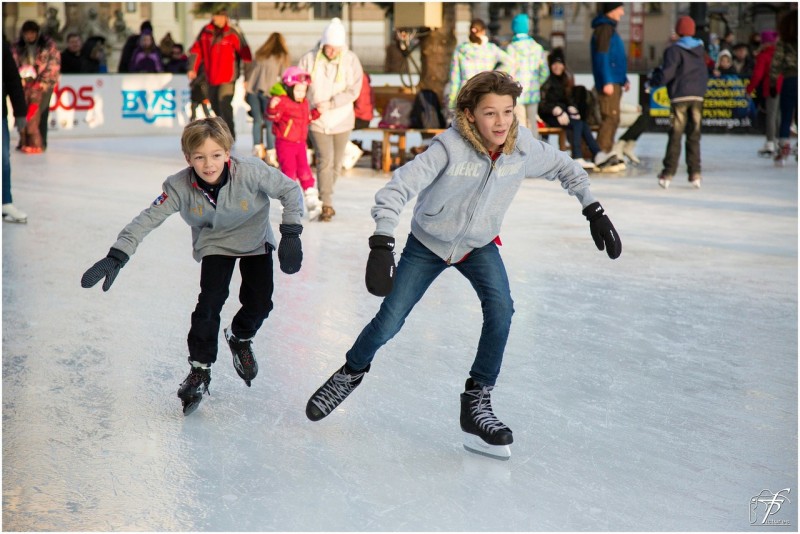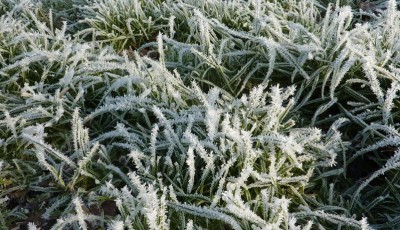Essential Items for your Winter Sports Holiday
Many folks tend to add a few extra pounds to their weight over the winter season, thanks to staying indoors much of the time and opting for recliner chairs over getting active. Winter sports are an ideal way to keep trim. Many of these activities use all the groups of muscles and reduce the risk of strokes and heart disease as well as being great fun. Being outside during winter can also have real health benefits, as the sunlight that does get through is no less rich in Vitamin D.
Preparation
With winter sports, safety is the key factor. Check out the weather forecast beforehand and go as part of a group rather than alone. Be sure to inform others about your plans in case events take a turn for the worse, and always carry a cellphone with you. It’s a good idea to tone up the muscles beforehand with warm-up exercises and to take lots of water to prevent dehydration on the slopes. Many winter sports, such as tobogganing, also have their own definite rules of the game, so be sure you stick to them.
Equipment
It’s essential to dress properly for winter sports. You should wear several different layers of clothing that are light and loose as well as water and wind-resistant. Appropriate safety gear, such as helmets and goggles, will also be needed, and make sure that all of it is in proper working order. Aside from these generalities, different sports usually have their own specific requirements.
Snowboarding
Choose the snowboard that is appropriate for you, in terms of your style and physique. Bindings are used to fasten your feet down and are essential to the set-up. You’ll also need a stomp pad and leash to get out of the chairlift.
Rollerblading
Pick up all the equipment you need for rollerblading from suppliers like inlineskates.com. You’ll need knee and wrist pads as a minimum, and it’s always sensible to use a helmet. If you’re traveling you’ll need a rucksack, and a strap on water bottle is useful to stay hydrated.
Skiing
Essentials for skiing include base layers in the clothing for moisture dispersal, helmet, hat, alpine skis, and gloves and goggles. Lip balm and suntan cream will protect you from snow-glare, and a neck warmer is also important. Ensure you have the right skis and equipment before setting off, and check any young children in your group to ensure they have everything they need.
Bobsledding
Spiked shoes are used by bobsledders for gripping the ice, and one of the many rules of this sport is that they must not exceed 4mm. Bobsledders also wear skin-tight clothing and gloves to make them more streamlined, and goggles and helmets are compulsory. International specifications dictate the design of the sleds, which are usually made of aluminum but increasingly of synthetic materials.
Winter sports have a whole range of health benefits, and there’s something for every taste out there. All of these activities are great ways to stay fit over the low-energy months. As long as you prepare sensibly, use the recommended equipment and don’t overdo it, you’re sure to have a great time.

